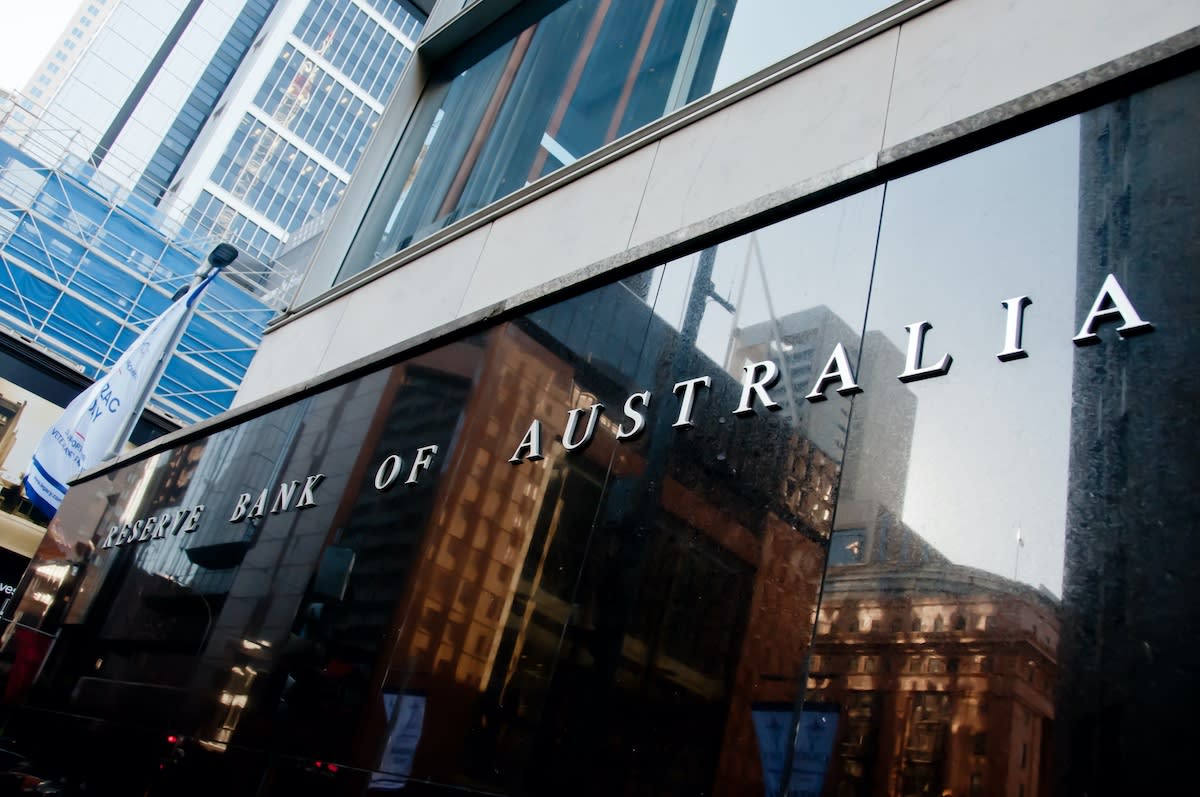RBA holds rates at August meeting, experts call for stamp duty changes
The RBA has held interest rates at a record low 0.1 per cent at its August meeting.
RBA Governor Philip Lowe's comments on the housing market were much the same, noting all markets continuing to strengthen, with prices rising in all major markets.
He did cite an increase in borrowing by investors, and that given the environment of rising housing prices and low interest rates, the Bank is monitoring trends in housing borrowing carefully and it is important that lending standards are maintained.
The experts and economists surveyed in Finder.com.au's RBA Cash Rate Survey all called the cash rate hold, with 75 per cent predicting the increase won't happen until 2023.
Tony Makin of Griffith University was the lone expert predicting the rate to rise before 2022.
"In coming months a clearer picture will emerge of underlying inflation trends both in the US and [in Australia]. The recent US inflation spike is unlikely to be temporary given the massive money supply increase, recovery from the pandemic, and substantial US fiscal expansion."
AMP Capital's Shane Oliver said the RBA is still a long way from meeting its conditions for a rate hike – namely inflation sustainably back in the 2–3% target range which will require full employment and wages growth sustainably above 3%. And the latest coronavirus outbreaks and lockdowns risk delaying progress towards its goals.
Over a third of experts (71%), called for a change in stamp duty.
They agree that changes need to be made to either stamp duty or government stimulus in order to help buyers enter the property market.
Just over half (54%) think that only stamp duty should be changed, while another third (29%) think neither should be changed.
Finder's insights manager Graham Cooke said an easing of stamp duty could reduce the burden for first time buyers and establish a more even playing field.
“Stamp duty is essentially a tax that slows down the turnover of property. It discourages current homeowners from downsizing, which locks up some of the market. “A long-term land tax would provide a fairer long-term solution, while adding liquidity to the housing market,” Cooke said.
